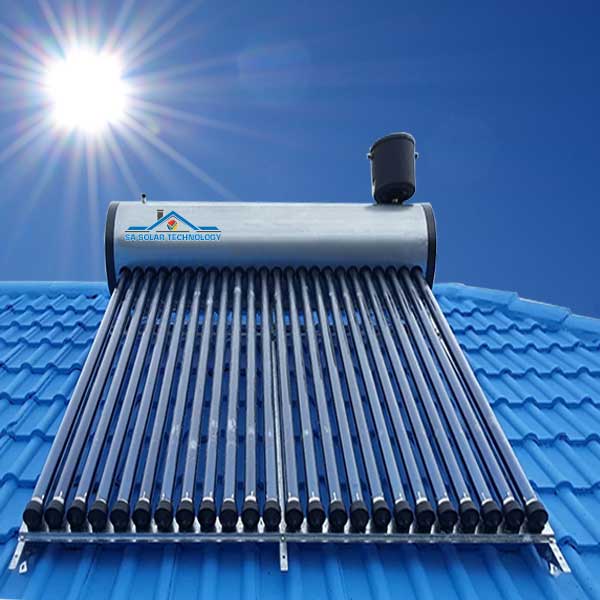Choosing the right water heating solution for your home is important for both energy savings and overall comfort. Solar geysers and heat pumps have become increasingly popular as options for eco-friendly water heating. In this article Heat Pumps Durban, we will take a closer look at why you should consider heat pumps and solar geysers for your home.

How Solar Geysers Work
Solar geysers convert sunlight to heat water. Solar geysers typically consist of tubes and a water reservoir. They work by absorbing heat from sunlight, which is then converted into thermal energy. Using solar geysers reduces reliance on traditional electricity-based systems.
Benefits of Solar Geysers
A key benefit of using a solar geyser is their ability to reduce electricity consumption. Because they use solar energy, they minimize your overall heating expenses. Along with the cost savings, solar geysers also help reduce your carbon footprint.
You’ll get the most out of solar geysers in sunny regions. However, on overcast days, many systems include supplementary heating elements to provide consistent hot water.
Who Should Use a Solar Geyser?
Opting for a solar geyser is ideal for homeowners who want to reduce their energy bills. Homes located in regions with high solar exposure can get the most value from this system.
Of course, you need to factor in the upfront price of a solar-powered geyser. Although solar geysers save money over time, the installation and equipment can be significant. You may be eligible for rebates to cover some of the installation expenses.
Understanding Heat Pumps
A heat pump work by transferring heat from the surrounding air to warm your water. Rather than creating heat, they transfer heat from one place to another. This makes them a cost-effective solution, as they use far less electricity compared to traditional water heaters.
Benefits of Using a Heat Pump
The main advantage to choose a heat pump water heater is its energy efficiency. By using less electricity, heat pumps reduce energy usage by over 50% compared to electric geysers. This leads to significant savings on energy expenses.
In addition to energy savings, they have a smaller environmental impact. Since they use renewable energy, they reduce reliance on non-renewable resources compared to traditional heating methods.
Who Should Consider a Heat Pump?
Heat pumps is ideal for homeowners who live in moderate climates. Heat pumps are highly efficient in mild climates, although they may be less efficient in extremely cold climates.
Much like solar water heaters, heat pumps require a larger initial investment. Over time, the savings on electricity help you recover the initial cost over time.
Which is Better: Solar Geysers or Heat Pumps?
Whether you choose a solar geyser or a heat pump are great options for reducing your carbon footprint. However, each system has its strengths and weaknesses. Let’s look at the key differences:
Power Consumption: Solar geysers rely on sunlight, while heat pumps require some electricity but still save energy.
Initial Investment: Solar geysers typically have higher upfront costs, but they pay for themselves through energy savings over time. Heat pumps have a moderate upfront cost.
Climate Suitability: Solar geysers work best in sunny areas, while heat pumps work well in moderate climates.
Conclusion
Whether you choose a solar geyser or a heat pump are excellent solutions for those seeking sustainable energy solutions. If reducing your carbon footprint is your main concern, solar geysers might be ideal. However, if you live in a moderate climate and are looking for energy savings.
Whether you opt for a solar geyser or a heat pump, you’ll be making a smart investment and lower your environmental impact.

